简体中文
繁體中文
English
Pусский
日本語
ภาษาไทย
Tiếng Việt
Bahasa Indonesia
Español
हिन्दी
Filippiiniläinen
Français
Deutsch
Português
Türkçe
한국어
العربية
Beware of Ventezo Limited: Withdrawal Issues Raise Red Flags
Abstract:A Philippine trader faces issues withdrawing $900 from Ventezo Limited, raising questions about the broker's integrity and regulatory status.
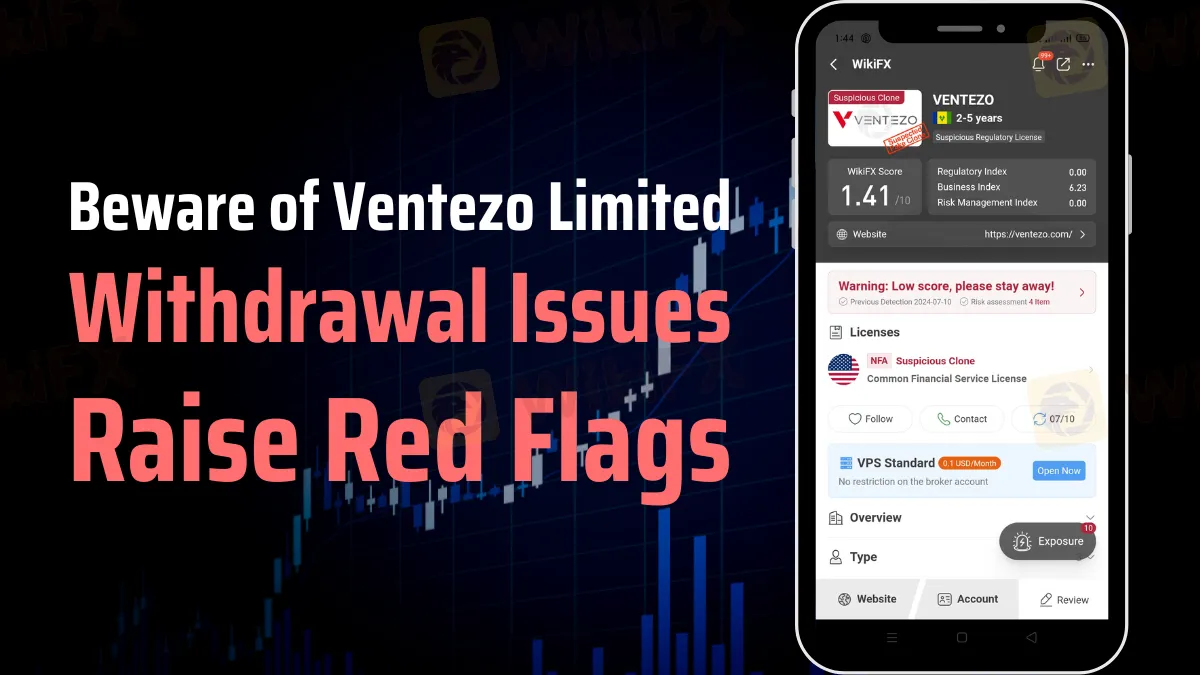
Ventezo Limited, an ECN/CFD broker, is currently under scrutiny due to serious allegations from a trader in the Philippines regarding unresolved withdrawal issues. The trader, who has chosen to remain anonymous, reported experiencing significant difficulties in retrieving $900 from their trading account. Despite receiving official confirmation from Ventezo that the withdrawal request had been successfully processed, the funds have not been transferred to the trader's local bank account, raising serious concerns about the brokers reliability and operational transparency.
Background on Ventezo
Ventezo Limited offers a range of trading instruments, including Forex, Commodities, Indices, and Cryptocurrencies. The broker claims to be regulated by the National Futures Association (NFA) under registration number 0563580. However, a verification check with the NFA reveals that Ventezo is not an active NFA member, which contradicts their regulatory claims. Additionally, Ventezo's official website states that the company is regulated under the SVG Financial Services Authority (SVGFSA). It is important to note that the SVGFSA does not regulate financial businesses engaged in online trading, which casts further doubt on the broker's regulatory legitimacy.



Location and Operations
Ventezo Limited operates from 703, Clover Business Center, Victory Square, 10, Kaliningrad Region, Kaliningrad, Russia. This location adds another layer of complexity to the situation, as it can be challenging for affected traders to seek legal recourse or support due to the geographical and jurisdictional distance.
The Trader's Experienced
The anonymous trader, acting on behalf of their mother who is also a client of Ventezo, has encountered significant issues with the non-release of withdrawn funds. Despite receiving multiple official email confirmations from Ventezo that the withdrawal requests were successfully completed, the funds have not been received in their local bank accounts. This discrepancy between Ventezo‘s system updates and the actual transfer status has raised serious concerns. The trader reported that Ventezo's chat support confirmed that the Philippine Country Manager “Ms. Elenita Canoy” had already transferred the funds. However, these funds have not appeared in the trader’s bank account, indicating a serious issue with the broker's internal processes or transparency.
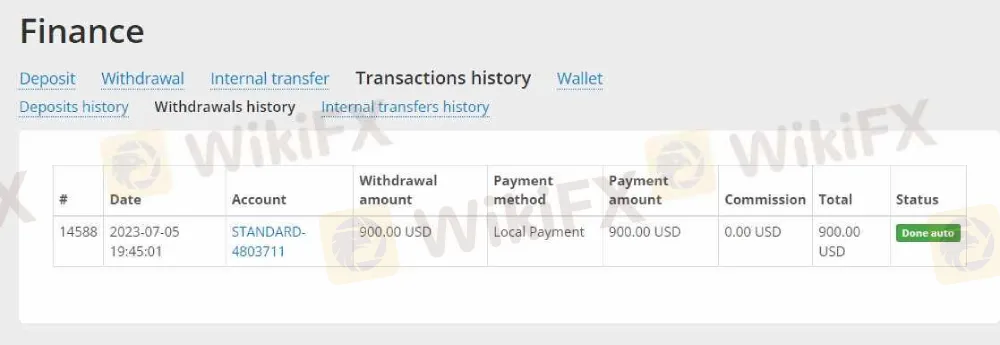

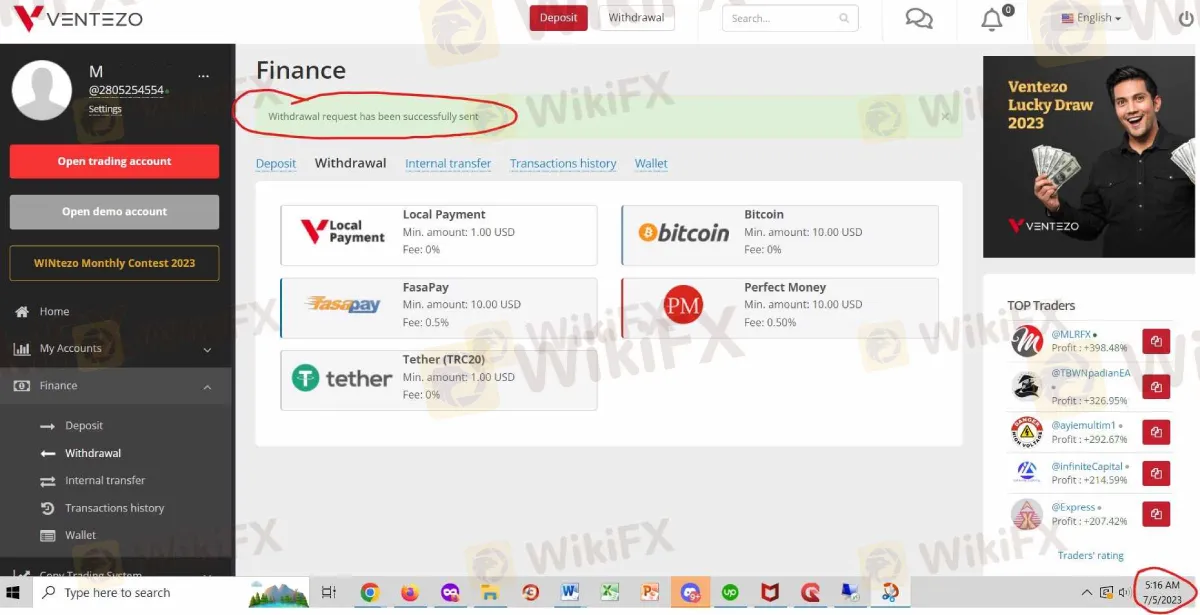
Conversation with Representative “LLIA”
In an attempt to resolve the issue, the trader engaged in a conversation with a Ventezo representative named “LLIA.” During this interaction, the trader sought more detailed information about the withdrawal issue and possible resolutions. Unfortunately, the conversation did not yield any satisfactory answers or solutions, leaving the trader with continued uncertainty and financial stress.






Lack of Accountability
Repeated follow-up attempts by the trader have failed to resolve the withdrawal issue. This lack of response and accountability from Ventezo raises significant questions about the brokers integrity and operational transparency. The trader even resorted to sending a demand letter via WhatsApp to the owner of Ventezo, but this effort was met with silence, further exacerbating their frustration and concerns. The persistent non-responsiveness from Ventezo highlights a troubling pattern that potential clients should be wary of when considering engaging with this broker.
This case underscores the critical importance of ensuring that online brokers operate with full transparency, accountability, and integrity. Traders must exercise caution and conduct thorough due diligence before engaging with brokers, particularly those that make regulatory claims that cannot be independently verified. The experience of the trader in the Philippines serves as a cautionary tale for others in the trading community.
For more details about this case and to stay informed about similar issues, click here.

Disclaimer:
The views in this article only represent the author's personal views, and do not constitute investment advice on this platform. This platform does not guarantee the accuracy, completeness and timeliness of the information in the article, and will not be liable for any loss caused by the use of or reliance on the information in the article.
Read more
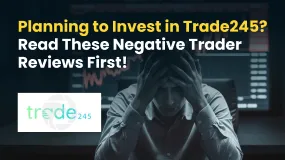
Planning to Invest in Trade245? Read These Negative Trader Reviews First!
Setting your sights on Trade245? Think again! Traders are witnessing massive problems that extend beyond withdrawal denials. The issues include blown-up accounts due to trading manipulation, along with high spreads and commissions. As a result, traders witness only losses even when they are not supposed to. This has made the situation highly complicated for them. In this article, we have exposed Trade245 for its financially illicit acts. Read on!

Zerodha Scam: Investor Loses ₹3.5 Lakh ! Spot the Red Flags & Protect Yourself
Indian investor Maryam Khan, 35, was scammed out of nearly ₹35 Lakh in a fraudulent stock investment scheme orchestrated by individuals impersonating the legitimate financial firm Zerodha. The scam began when Khan came across a Facebook Reel on July 4 promoting fake investment opportunities. After contacting the WhatsApp number listed in the ad,
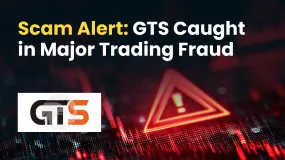
Scam Alert: GTS Caught in Major Trading Fraud
Have you been deceived by GTS officials? Has this forex broker prevented you from withdrawing funds? Unfortunately, you have been scammed! File a complaint with the authorities soon to recover your funds. Many have accused this forex broker of serious fraud allegations on several broker review platforms. Our WikiFX team found a massive number of trader complaints against this broker. In this article, we will share them with you.
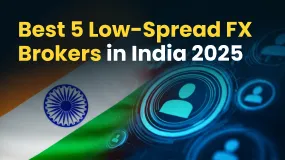
Best 5 Low-Spread FX Brokers in India 2025
Forex trading has grown rapidly in India, and choosing the right broker is critical—especially when it comes to spreads. A low spread broker means lower trading costs and higher potential profits, especially for active traders and scalpers. In this article, we list the top 5 low-spread forex brokers in India for 2025, trusted for their tight spreads, fast execution, and strong global reputation.
WikiFX Broker
Latest News
Datuk Seri Linked to RM8.4 Million Gold Investment Scam Under Police Probe
The Psychology Behind the Ascending Triangle Pattern in Forex
Charles Schwab Forex Review 2025: What Traders Should Know
The Global Inflation Outlook
What WikiFX Found When It Looked Into XS
ASIC Regulated Forex Brokers: A Comprehensive 2025 Guide
Is TradeEU Reliable in 2025?
Professional Forex Trading: Skills, Tools, & Strategies for Success
Investing in OnFin? Absurd Withdrawal Conditions & Trade Manipulation May Spoil Your Trading Mood
How Commodity Prices Affect Forex Correlation Charts
Currency Calculator


